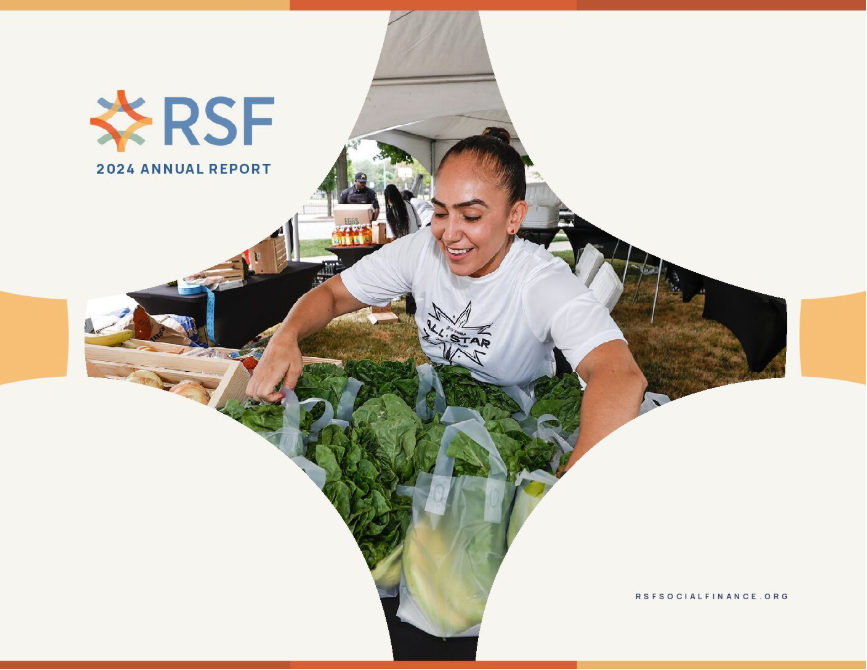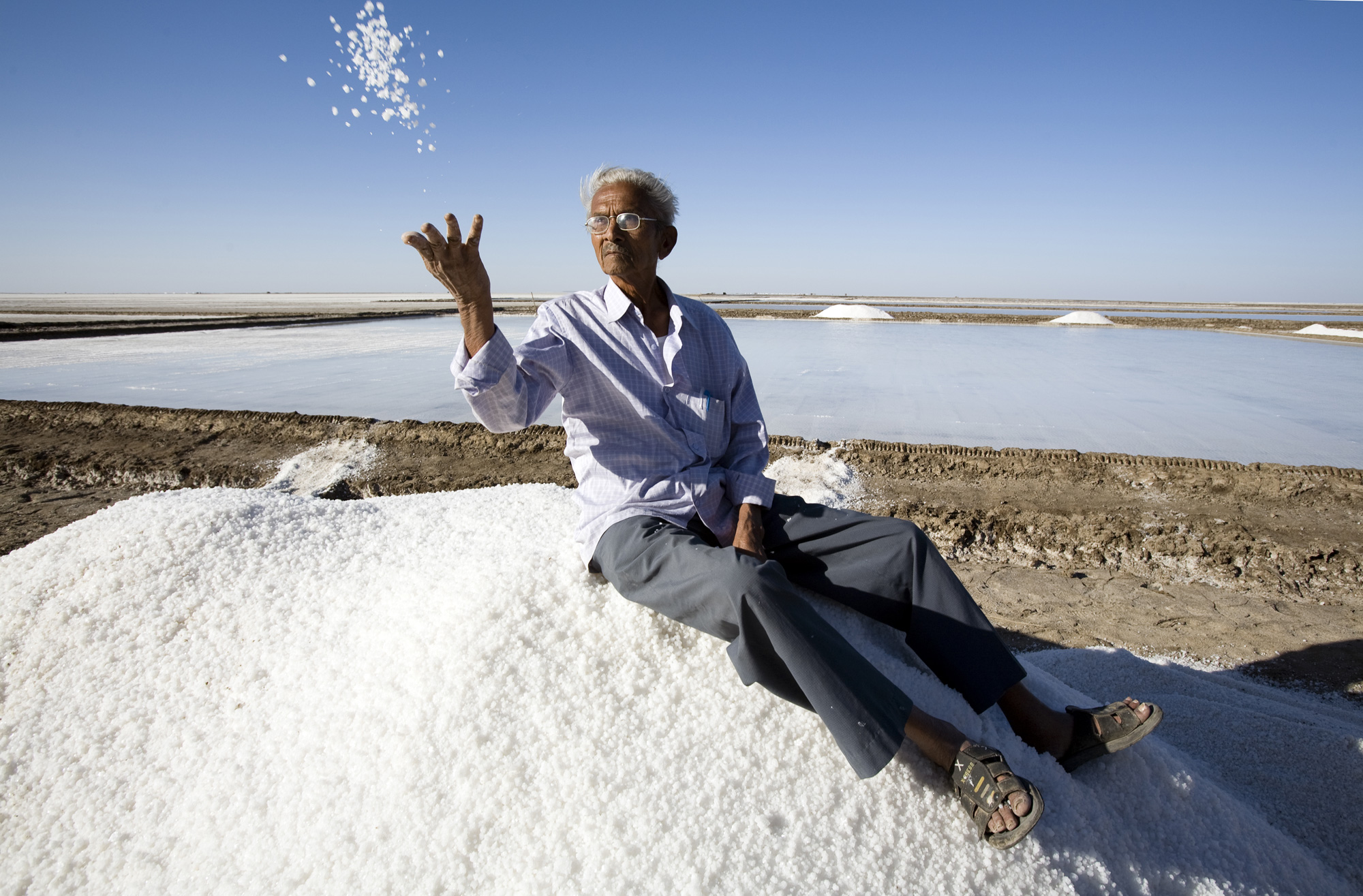I proposed a new way of thinking about our relationship to land. I recast the question of land ownership in light of two other critical but less attended to elements: use and community.
Ownership
Historically land ownership was invented as a right, a legalistic structure that was designed to serve power and to wrest control from that which resided in the commons. The language itself—title, deed, lots or allotments, boundaries—is a reflection of the power and value structures inherent in the concept of ownership. I am reminded of a famous line delivered by baseball umpire Bill Klem when a batter complained about a pitch call: “It ain’t nothin’ till I call it.” This is absolutist thinking driven by a kind of self-assigned divine right, the same divine right that drove manifest destiny, colonization, and the destruction of indigenous wisdom along the way—the very wisdom we now need to resurrect and cultivate with new collaborative consciousness if we are to survive on this planet.
The outcome of the present legal structure of land ownership in America is that the land itself is placed into the world of commodities, bounded, parceled, priced, and marketed, with the landowner having virtually absolute control over use. Were we to remove these artificial, self-serving, state-created aspects of ownership, we could see that there are some very positive aspects to ownership. If an individual or private entity owns the land, whether inherited or purchased, then that person’s identity and destiny are connected with that land. In this light, ownership is a cultural or spiritual responsibility. The owner has a free choice to steward the land for future generations or, at the other end of the spectrum, to treat it as a commodity to sell or use without reference to community. Of course, ownership comes with the right to sell, but toward what end, and for what purpose are the significant destiny questions. The options are many, but could be looked at through the lenses of use and community as tools of discernment and guidance.
Use
Use of land is attached to the ownership of it, and the owner bears the right to determine its use, but these two concepts are not the same. The tendency is to conflate them. If I buy a residential house with land, the intent and use are clear. However somewhere in the background, unless it is contested, the use of land is governed primarily by agreements such as zoning laws and tax structures, and most notably by lease agreements if the owner is not the user. Such agreements are framed in something of an exchange in which both parties give up an element of control in order for their needs and the community’s needs to be met. The contracts that arise from these agreements supersede the rights of either party, except the right to cure, renegotiate or abrogate the agreement if the terms are not met. If I were to want convert a residence into a business, I would likely have to seek a zoning variance by way of public hearing. Even property tax is a kind of use agreement in the sense that the right of owning in a community comes with a required financial contribution back to the community to maintain shared services such as road access, fire protection, and law enforcement. One result of this is that potential owners or businesses choose where to locate based upon the expected contribution or, in the case of businesses, tax incentives offered. Thus the use of land, regardless of ownership, is a matter of rights and agreements.
Community
In some ways community is the most complicated of the three elements to articulate, because it is the most diverse in its expressions and our culture barely holds it consciously. I have already touched on community tangentially in the use section addressing the question of taxes. Clearly taxes are set by elected or appointed officials who represent the broad interests of the community, as defined by political boundaries. Such officials serve at the will of the community. Tax levies arise not only as an expression of community agreements, but also in the framework of the economy of the community. As I mentioned, taxes are mandatory gifts and are therefore a critical component of economic life. Without shared roads, businesses would have a difficult time getting supplies, and then distributing manufactured goods. It is through zoning that the community indirectly chooses the best use of land, whether residential, educational, or industrial. But community does not get to determine who owns private land. Instead, ownership is a product of real estate market activity. This situation has resulted, for example, in corporations or real estate speculators purchasing land and, as owners, using or developing that land for private gain without necessarily having accountability for how they have treated the land, or supported its productivity or fertility. While profit may have been extracted from the land, those profits often leave the community to go instead into distant shareholders’ hands. In these circumstances, the “investor” community is de-localized from the land and has no direct or real accountability within the community of place, and, further, often drives the economic process through the free market principle of profit maximization. In this situation, the profits leave the community, but the unaccounted expense of compromised land stays as a burden to the community without recompense. Thus, the place-based economy often becomes unsustainable and non-regenerative.
The consideration of community is an important, and often ignored, element in the context of ownership and use. From the vantage point of the land, community is an economic function. The community is formed on the basis of interdependence. I may own a piece of land and lease it to a farmer. If that farmer then uses toxic chemicals that seep into the ground water and thus pollutes the watershed, the whole community bears both the consequences and the expense. Ecological economics recognizes the systemic interconnections in nature, and sees also the truth of our interdependence as humans dependent for our wellbeing upon the land, the earth and all its natural resources. From an economic standpoint, community is inseparable from land.
by John Bloom
John Bloom is the former Senior Director, Organizational Culture at RSF Social Finance.


